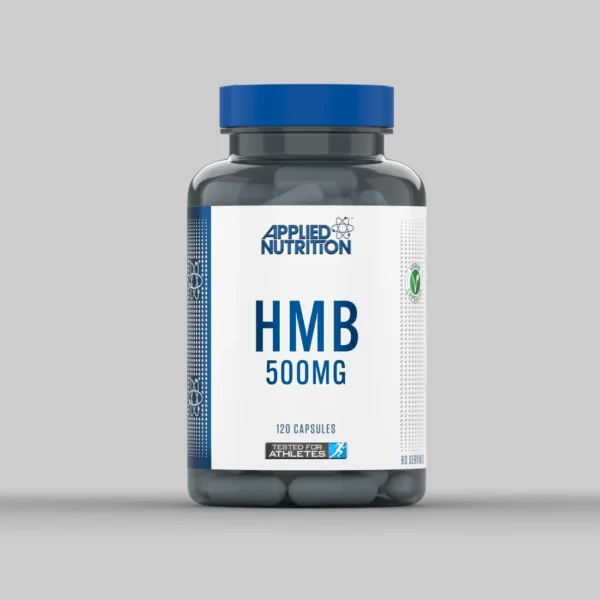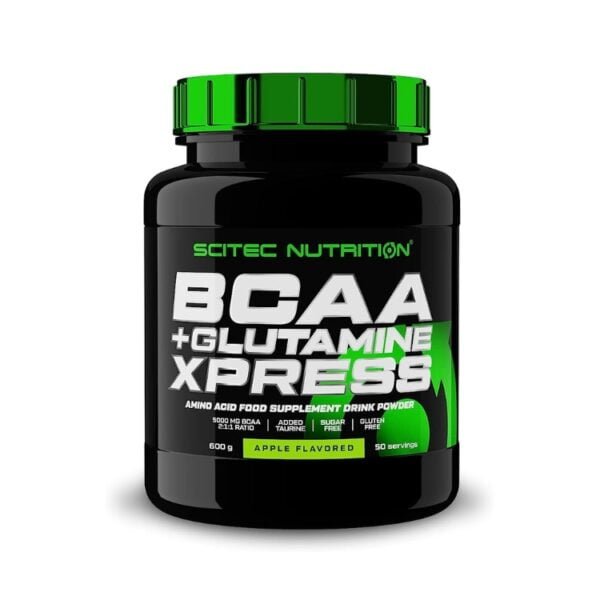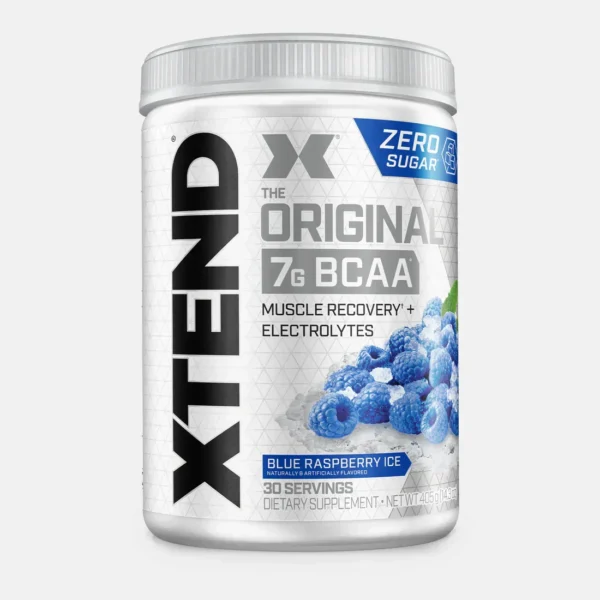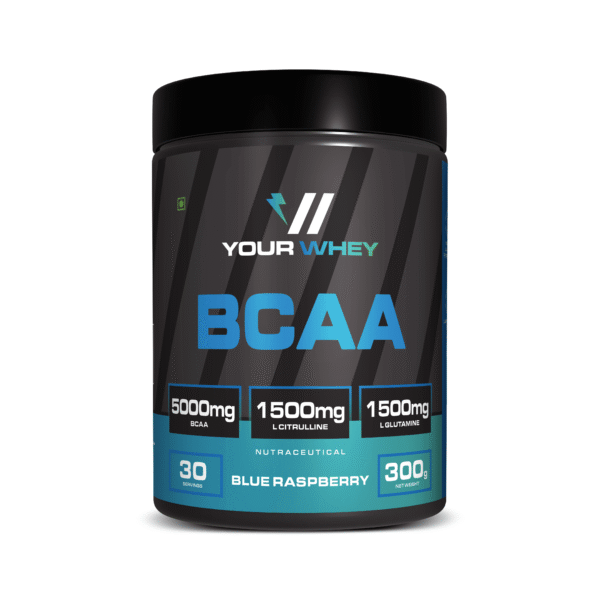BCAA
What Are BCAAs?
Proteins are made up of amino acids. There are 29 of them, of which 9 are essential. Our bodies cannot produce certain essential amino acids on its own and so an external source must supply these crucial dietary elements.
BCAAs, or Branched Chain Amino Acids for short, are a group of essential amino acids composed of leucine, isoleucine, and valine. Their chemical structures share similarities on one side only – which makes BCAAs part of one class of amino acids.
Let’s dive in and understand the role of BCAAs in your body.
- Leucine amino acid is hydrophobic in nature and thus repels water, making it essential for tissue regeneration, energy metabolism control and protein synthesis processes in our bodies.
- Isoleucine: Muscle tissue contains high concentrations of isoleucine, an essential amino acid essential for producing hemoglobin, maintaining immunity and energy metabolism.
- Valine: Like its cousins leucine and isoleucine, valine is essential to maintaining a balanced nitrogen level in the body as well as cognitive performance and muscular growth. Furthermore, it aids muscle repair while optimizing energy metabolism.
Professional athletes and physically active people often include BCAA supplements in their pre-workout routine. BCAA supplements can be especially helpful in minimizing muscle injury and postponing muscle exhaustion while giving an energetic boost during workout sessions.
BCAAs are essential to our overall health. Insufficient levels can drastically diminish energy levels. Bodybuilders, endurance athletes, gym goers and other athletes with demanding workout regimens require constant supplies of BCAAs – therefore supplements become indispensable.
BCAAs: Benefits and Uses
Although BCAAs can be found naturally in protein supplements, taking an extra BCAA supplement may bring additional advantages. Here is how:
- Promote Muscle Growth: One of the key advantages offered by BCAA supplements that make them so popular among bodybuilders and powerlifters is their ability to promote muscle growth. Leucine, isoleucine and valine work together on your body’s enzymes to accelerate lean muscle mass development as well as stimulate protein synthesis for lean muscle development and synthesis.
- Block Muscle Wasting:: Our muscles experience stress from vigorous exercise, leading them to atrophy. Regular consumption of BCAAs may help protect lean muscle and stave off further atrophy of our muscle fibers.
- Delay Exercise fatigue: After exercise, our body’s BCAA levels drop due to low-level conversion of tryptophan to serotonin conversion that causes fatigue. BCAA supplements can delay this effect by blocking its impact. If one wants to boost strength and endurance while training or competing more efficiently then taking one is highly beneficial – before or during an event for optimal performance!
- Reduce Muscle Soreness :BCAA supplements that have a fast metabolism can be taken directly by muscles for faster recovery from an intensive training session, helping relieve discomfort and stiffness while strengthening them back up if you find recovery difficult.
- Promote Immune Health: When it comes to health and performance, having a weak immune system can make life harder than expected. BCAAs help strengthen and energize lymphocytes (immune cells), strengthening them against pathogens and illnesses.
- Maintain Blood Sugar Levels: Energy levels and athletic performance can be compromised when there is insufficient glucose delivery to skeletal muscles. Leucine and isoleucine play an essential role in muscle protein synthesis regulation as well as increasing how much glucose they can absorb from the blood.
- Promote Weight Loss: If you want to shed excess pounds, take a BCAA supplement. BCAAs help preserve lean muscle mass, regulate blood sugar levels, stop cravings for sugary treats, make you feel full quickly, and encourage fat-burning processes.
Types of BCAA Supplements:
There are various varieties and flavors of BCAA supplements to meet everyone’s tastes and needs. When making their decision, one should do their research carefully to find what suits their preferences best.
- Powder: BCAA Powder is the most preferred, widely available form and should primarily be consumed during physical exercise sessions. BCAA Capsules: While capsules offer convenience, their absorption time is longer compared to powder or liquid forms.
- BCAA Liquid: They offer fast absorption rates of amino acids for rapid muscle recovery. Some BCAA supplements even include electrolytes as an added advantage against muscle cramping and to help preserve body’s electrolyte balance.
How Can You Select BCAA Supplements Correctly?
Before selecting any BCAA supplement, it is crucial to carefully evaluate its contents, amount of BCAAs and ratio; leucine should always constitute the majority. Furthermore, all legal or forbidden chemicals as well as added sugar must be absent in its composition. Bodybuilders and athletes who follow strenuous workout regimes may opt for BCAAs with higher leucine contents to meet their requirements.
How Can BCAAs Be Consumed?
BCAAs can be taken in water, fruit juices or your favorite beverage. So when it comes to taking BCAA pills, any time is fine – though for best results it should be consumed either before or during exercise for maximum benefits. Active individuals can re-consume BCAAs after an exercise to speed their recovery; endurance athletes can add the BCAAs into energy drinks before competition to increase energy levels while decreasing muscle injuries as a result.
Where to buy BCAA?
Mysupplementbay, an online supplement store, provides a selection of high-quality BCAA supplements designed to improve workout performance and speed recovery rates. Mysupplementbay allows customers to tailor their options based on individual needs or intensity of exercise routine.
Are BCAAs safe to consume?
- When taken as intended, BCAA powder generally does not cause adverse side effects. If you suffer from diabetes, liver or kidney issues however, professional medical advice should always be sought prior to making decisions on self-medication using BCAA supplements.
- At times when pregnant or nursing women should avoid BCAA supplements even if there have been no reports of adverse effects from taking them, it would be prudent to refrain from using BCAAs supplements even if there have been no known side effects associated with their use.
Frequently Asked Question (FAQ's)
Any protein source can be used by manufacturers to extract BCAAs. Vegans can easily take plant-based BCAA supplements such as My Supplement Bay BCAA 2:1:1, which contains pure BCAA without any other ingredients or fillers.
Studies have demonstrated the ability of BCAAs, specifically eucine, isoleucine and valine, to speed up muscle protein synthesis and recovery, making them an excellent way of speeding up these processes. Therefore, choosing BCAA is a superior alternative.
According to experts, BCAAs work best when taken in ratios of 2:1:1, but variations such as 4:1:1 or 8:1:1 can also include more leucine for optimal results.
No harm comes from taking a BCAA protein supplement without exercising; in fact, it will fulfill some essential amino acid needs while your daily diet should provide for any other essential ones that might be missed out by doing so.
If you intend on taking it without exercising, be mindful to review its components. Instead of caffeine or creatine supplements, BCAA-rich drinks should be what’s included.
With an inactive lifestyle, BCAA drinks will only satisfy protein requirements but will not promote muscle growth.
You may have noticed that of all three BCAAs, leucine holds the highest ratio. According to scientific study, protein synthesis relies on leucine for around 80% of its needs; muscle tissue breaks down as we exercise which results in muscle wasting – however when this anabolic amino acid enters muscles through leucine supplementation healing rates increase drastically and muscle loss stops taking place as quickly.




